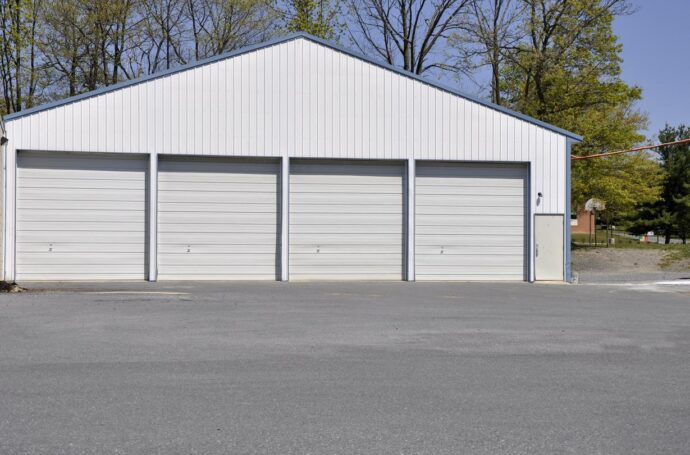
The stakes are high when investing in commercial real estate. When getting started, you really want to make sure you go through everything with a fine-tooth comb. This may seem like an uphill battle, but it doesn’t have to be. Here are five steps to get your commercial property investment portfolio off the ground:
1. Join Forces with Property Professionals
Doing this on your own can be risky and tricky. That’s why you’re better off with people that know the ins and outs of commercial property.
A broker, an attorney, and a contractor are the crack team you need to ensure you do things right. This is a big project, so the more knowledgeable people you have on your side, the better.
You need a broker with experience in the kind of property you’re investing in. You need a lawyer to go over sales and purchase agreements while checking if the property has any legal issues attached to it.
A commercial real estate contractor will give you accurate pricing and protection against liability. A property management company with a commercial record will assist with professional marketing, higher occupancy, and solid accounting and reporting.
2. Associate with the Greats
Though a lawyer, broker, and contractor can help you with most aspects of your commercial real estate venture, you shouldn’t stop at just hiring a qualified team. It’s also essential to develop relationships that will help improve your business. At the end of the day, opportunities are what you need, and you could use a lot of help in this regard.
You may even find more investors if that’s the type of arrangement you’re attracted to. From developers to architects and engineers, a whole host of professionals could be of service to you.
3. Learn, Learn, Learn
Having the right team and being in the right circles doesn’t mean you can sit back and relax. Learning more about the investing process will do you a lot of good. From YouTube to books and even podcasts, there are countless educational resources for you to explore.
There are even real estate investment groups you can join, which might offer you a great networking opportunity. You may even wish to work towards becoming a Certified Commercial Investment Member to gain deep insight into the industry.
4. Implement What You Know
No matter how much work you put into educating yourself, it’ll be meaningless if you don’t apply what you know. Regularly underwriting deals will teach you to separate the good ones from the bad ones.
A lot of money goes into this type of thing, so if you can master the skill, you’ll be doing yourself a favor. You underwrite, you make an offer, and then you do it again soon after.
Your return will be greater, and you’ll be empowered by the ability to make deals on your own. It isn’t nearly as hard as it seems. Yes, people go to school for it, and the occupation is professionally recognized, but there’s even software you can use these days.
5. Have an Action Plan
You’ll have to figure out what kind of property you’re investing in. You may be interested in going the retail route, or perhaps industrial real estate is more to your liking. From multifamily set-ups to office space and even the hospitality industry, your options are endless. So, think about your objectives and preferences, and decide which niche is most suitable.
Follow the tips above, and you’ll have a sturdy foundation from which to launch your venture into the world of commercial real estate investment.







